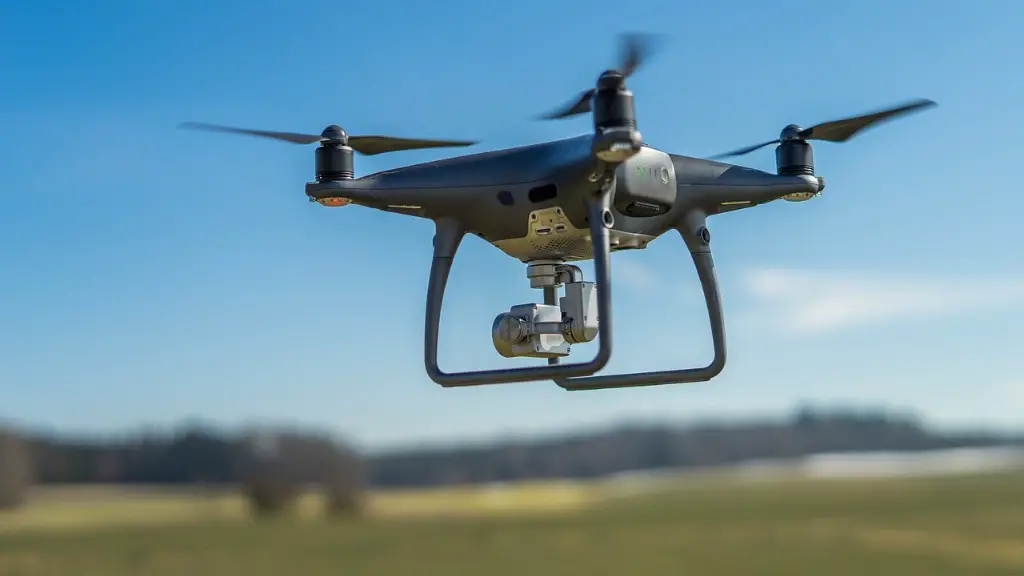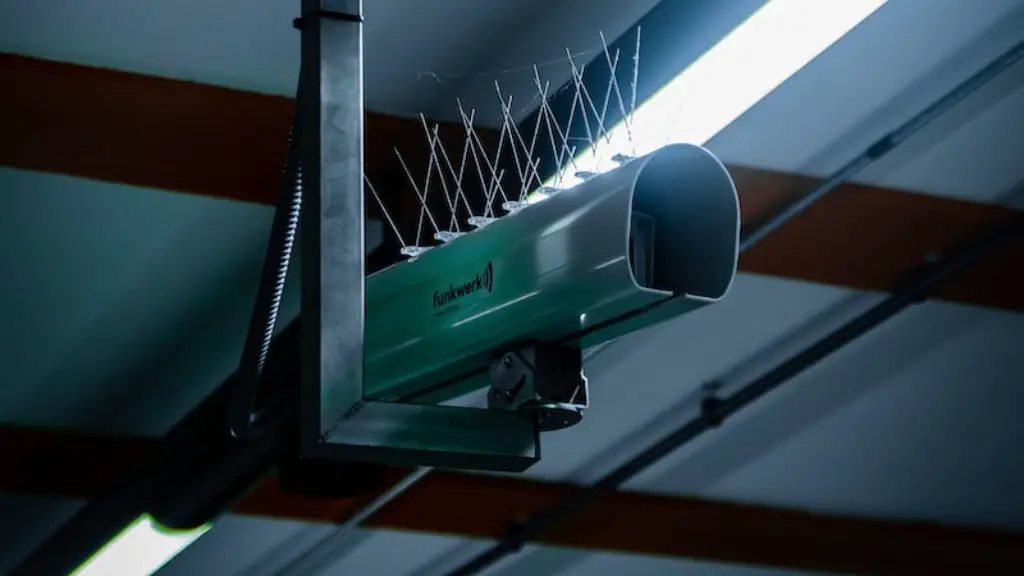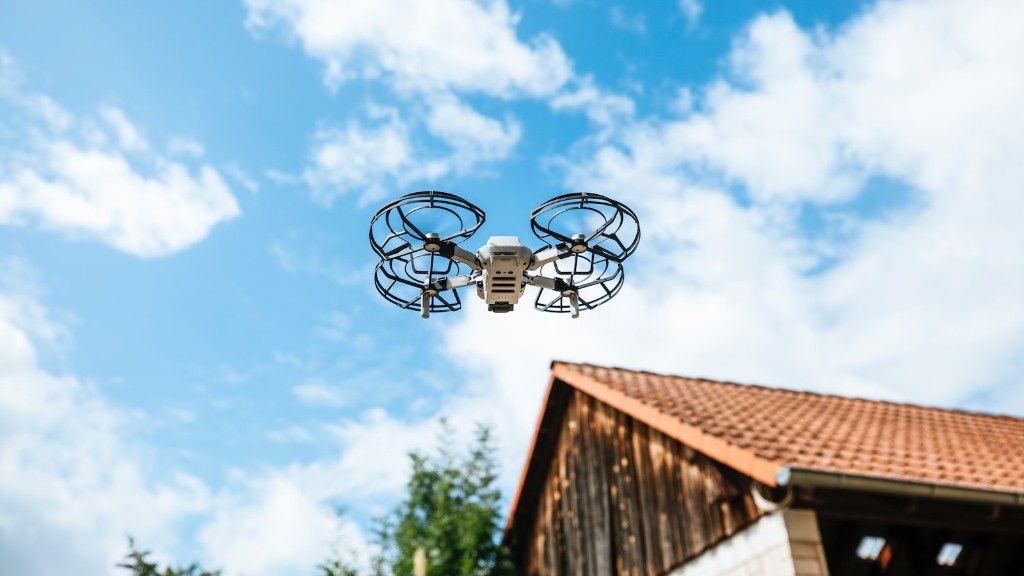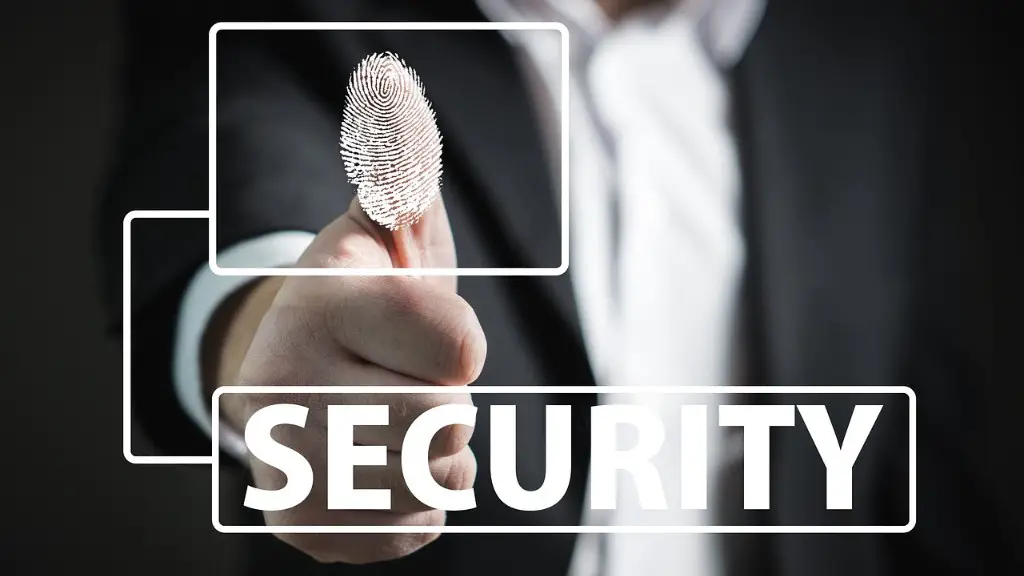There is much debate surrounding the National Security Agency and whether or not their practices are constitutional. Some believe that the NSA’s actions are a necessary evil in order to protect Americans from terrorist threats, while others argue that the NSA’s extensive surveillance of citizens violates our right to privacy. No matter what side of the argument you fall on, it is important to be informed about the NSA and their activities.
The NSA’s mass surveillance program is likely unconstitutional, as it violates the Fourth Amendment’s prohibition on unreasonable searches and seizures.
Does the NSA violate the Constitution?
The NSA’s Internet surveillance program under Section 702 of the Foreign Intelligence Surveillance Act violates the First Amendment. This program allows the NSA to collect the content of Americans’ communications without a warrant, and it has been used to target journalists, political activists, and other individuals for surveillance. The First Amendment guarantees Americans the right to free speech, and the NSA’s program undermines this fundamental freedom.
The NSA’s collection of data on US citizens has been controversial, with some arguing that it violates the Fourth Amendment. However, a new report from the NSA says that examining the content of databases of stored NSA information could actually violate the Constitution. This is because the NSA is collecting data without a warrant, and so examining it would be an unreasonable search and seizure. The report recommends that the NSA should only examine data that is specifically related to national security investigations.
Is the NSA part of the US government
The National Security Agency/Central Security Service (NSA/CSS) is a United States government organization responsible for the collection and analysis of foreign communications and electronic intelligence in support of national security. The NSA/CSS also develops and maintains secure communications systems for the US government.
The National Security Agency (NSA) is a national-level intelligence agency of the United States Department of Defense, under the authority of the Director of National Intelligence. The NSA is responsible for global monitoring, collection, and processing of information and data for foreign intelligence and counterintelligence purposes, specializing in a discipline known as signals intelligence (SIGINT). The NSA is also tasked with the protection of U.S. communications networks and information systems. The NSA has been known to collect and store vast amounts of data from these networks.
Here are the top three FAQs about the NSA:
1. What is the NSA’s purpose?
The NSA’s primary purpose is to collect and process information and data for foreign intelligence and counterintelligence purposes. This includes monitoring communications networks and systems for signs of potential threats.
2. How does the NSA collect data?
The NSA collects data from communications networks and systems around the world. This includes emails, text messages, phone calls (both cell phone and landline), Google Maps searches, Facebook posts, and more.
3. Is the NSA spying on Americans?
The NSA has been accused of spying on Americans, but the agency has denied these claims. The NSA does collect data
Who holds the NSA accountable?
The National Security Agency (NSA) is an American intelligence organization that is responsible for the collection and analysis of foreign communications and data. The NSA is regulated by the US Constitution, federal law, executive order, and regulations of the Executive Branch. As a Defense Agency, NSA operates under the authority of the Department of Defense.
The ICCPR is a human rights treaty that provides for certain civil and political rights to be non-derogable, even in times of national emergency. This means that no matter how severe the threat to national security, a State cannot infringe upon these individual rights. The rights protected under the ICCPR include the right to life, the right to freedom from torture and inhuman treatment, the right to freedom from slavery, the right to freedom of thought, conscience and religion, and the right to freedom of opinion and expression.
Can the NSA use my camera?
The government can access your devices through built-in back doors, which means they can listen to your phone calls, read your texts, take pictures and videos of you, read your emails, and steal your files. Metasploit is a software that lets the government do this.
The government may take action to prevent a person from acting in a way that is prejudicial to the security of the state or the maintenance of public order.
Does the NSA have law enforcement
NSA Police Officers are responsible for providing armed and uniformed security, force protection, and law enforcement functions in support of NSA’s mission, assets, personnel, and facilities headquartered in and around Fort Meade. They work closely with other agencies and departments to ensure the safety and security of NSA personnel and facilities.
The National Security Advisor is appointed by the President and does not require confirmation by the United States Senate. An appointment of a three- or four-star General to the role requires Senate confirmation to maintain that rank in the new position.
Can NSA agents make arrests?
The NSA is a very secretive organization that is responsible for gathering intelligence. They are very different from the FBI in that their agents don’t make arrests.
The NSANot being a creation of Congress, the NSA often acts outside of congressional review. Because it is the most secret of all US intelligence agencies, the NSA is not accountable to anyone but the President. This gives the NSA a great deal of power, which it has been known to abuse. In addition, the NSA’s budget is not subject to public scrutiny, so the American people have no way of knowing how their tax dollars are being spent.
Can the NSA listen to my phone
The National Security Agency’s (NSA) telephone record program, conducted under Section 215 of the Patriot Act, allows it to collect metadata of phone calls, including phone numbers, time stamps, and other identifying information. This program was first revealed to the public in 2013 by former NSA contractor Edward Snowden.
The NSA has defended this program as a necessary tool in the fight against terrorism, but it has been criticized by privacy advocates as a mass surveillance program that violates the privacy of innocent Americans.
In 2015, the US Congress passed the USA Freedom Act, which reformed the NSA’s telephone record program and other surveillance programs.
The NSA puts “backdoors” in your devices which allows them to spy on you. They do this by intercepting shipments of computers and phones and putting “backdoors” on them which circumvents the security measures of the device. This is a serious breach of privacy and it needs to be stopped.
Are NSA employees secret?
The NSA relies on a variety of measures to accomplish its mission, the majority of which are clandestine. The existence of the NSA was not revealed until 1975. The NSA has roughly 32,000 employees.
EO 12333 authorizes the NSA to collect, process, analyze, produce, and disseminate signals intelligence (SIGINT) for foreign intelligence and counterintelligence purposes. This allows the NSA to support national and departmental missions, as well as provide SIGINT support for the conduct of military operations.
Warp Up
The National Security Agency’s (NSA) surveillance program is likely unconstitutional. The NSA has been collecting the phone records of millions of Americans without a warrant or any suspicion of wrongdoing. This violates the Fourth Amendment, which protects Americans against unreasonable searches and seizures.
The NSA’s spying program is a clear violation of the Fourth Amendment, and is therefore unconstitutional. The government has no right to invade the privacy of its citizens without a warrant, and the NSA’s program does exactly that.





